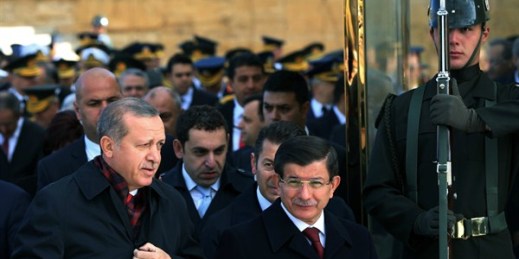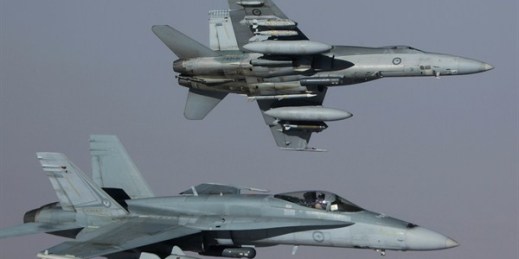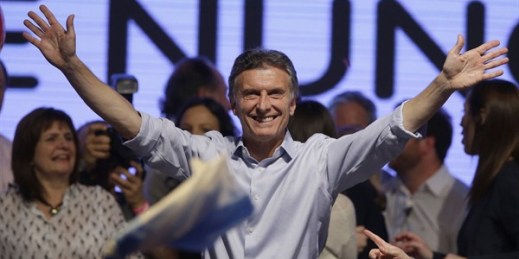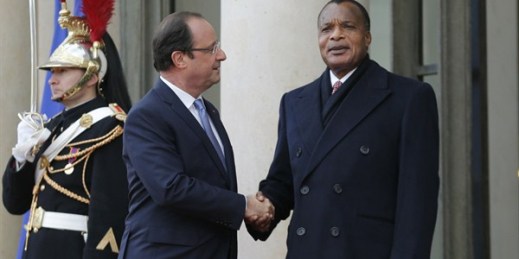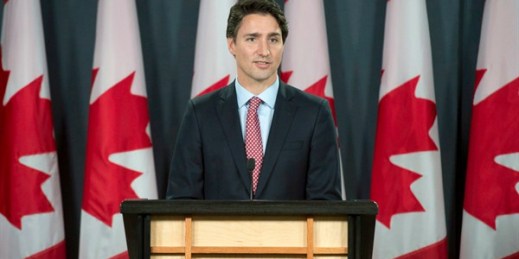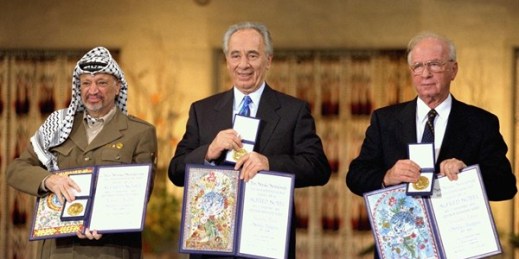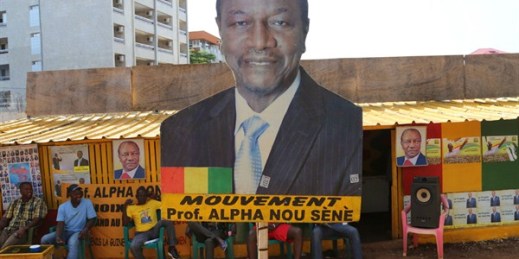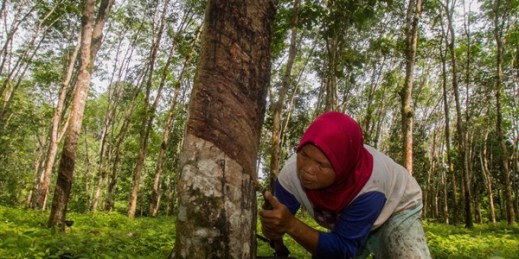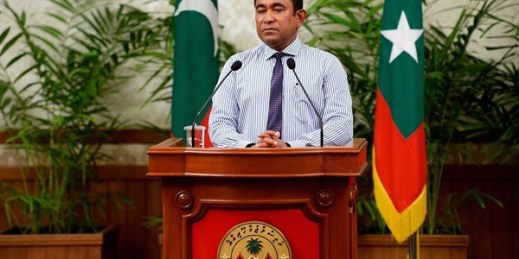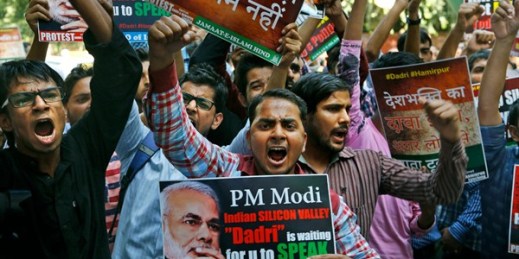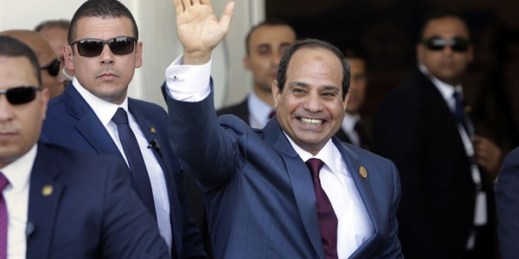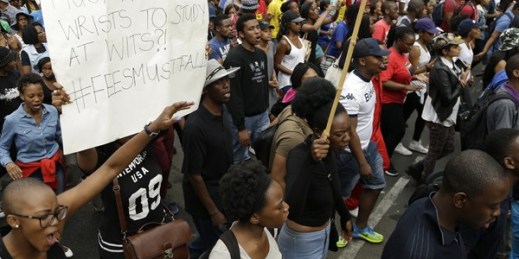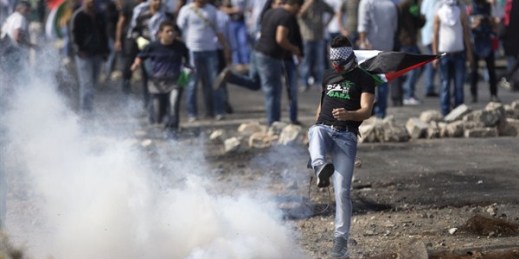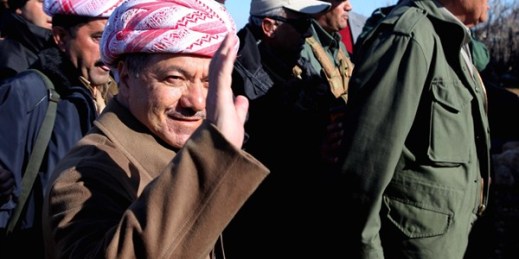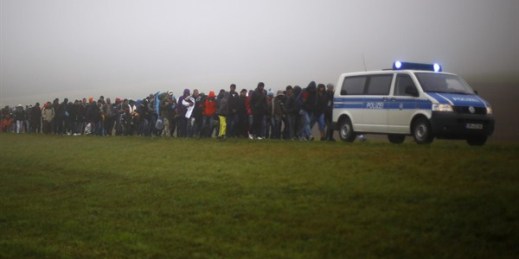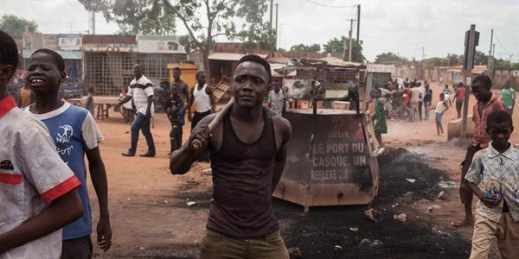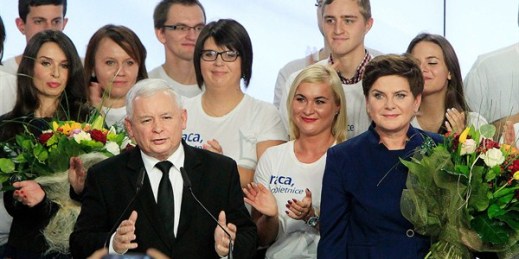
Poland’s conservative Law and Justice party won an absolute majority in both chambers of parliament in elections last Sunday, marking the first time in 26 years of democratic rule that one party will form a government. Law and Justice, also known by its acronym PiS, broke through that glass ceiling with more than 37 percent of votes. It won the plurality of votes in all categories of the electorate, by reaching out to better-educated urban voters and making advances in the western provinces of the country for the first time. After being in opposition for eight years, Law and Justice […]

